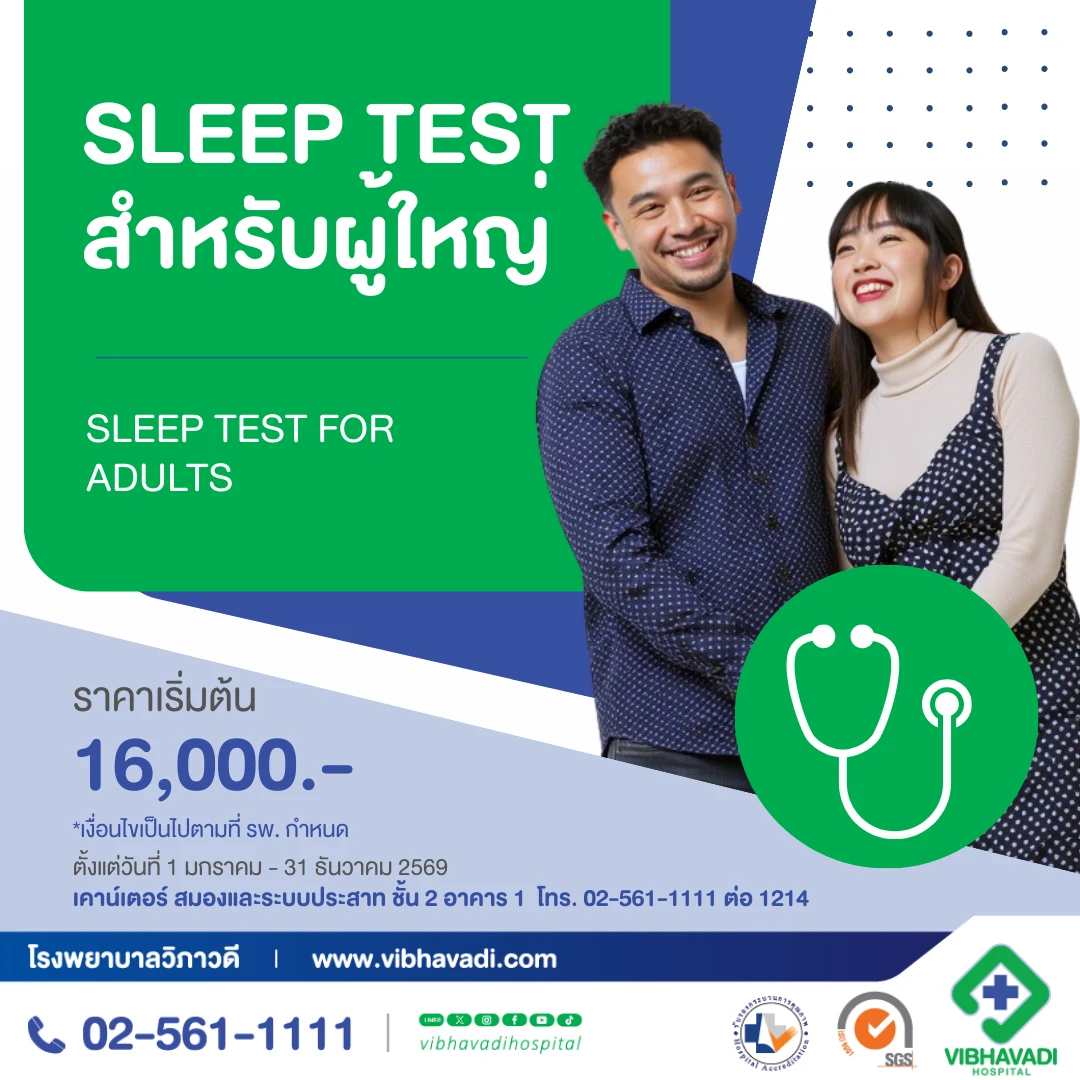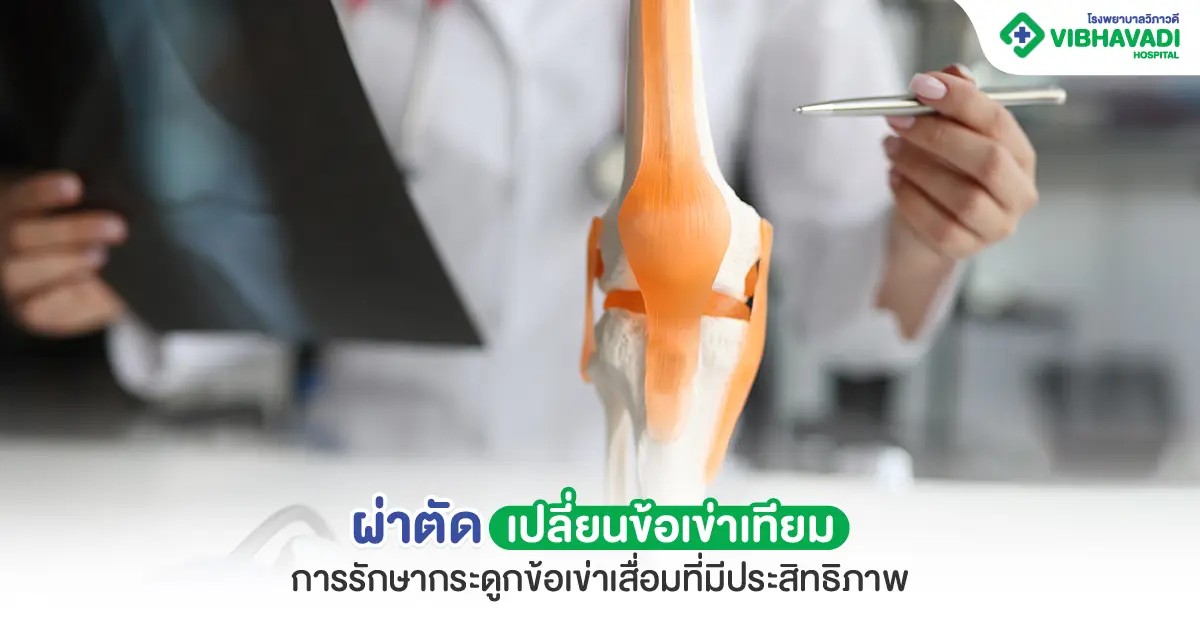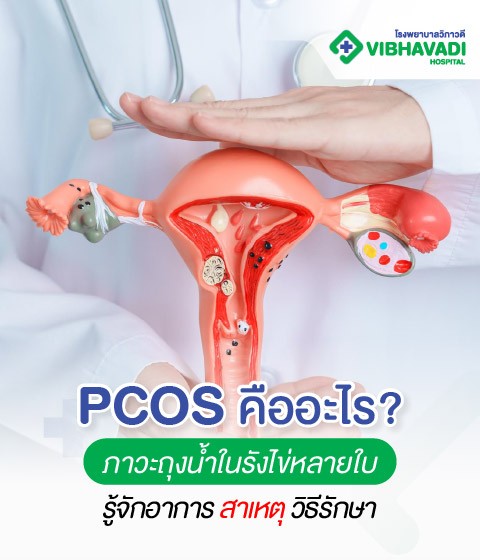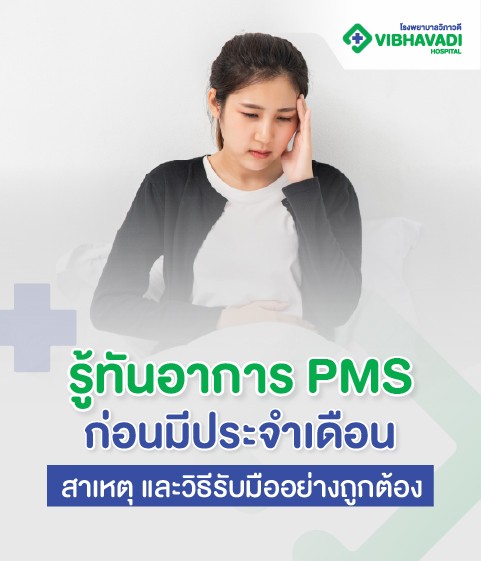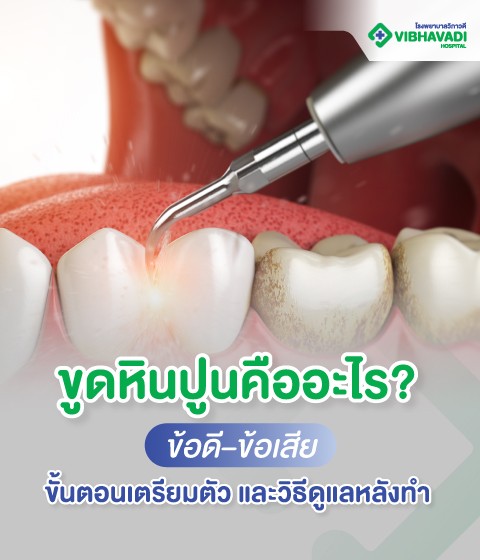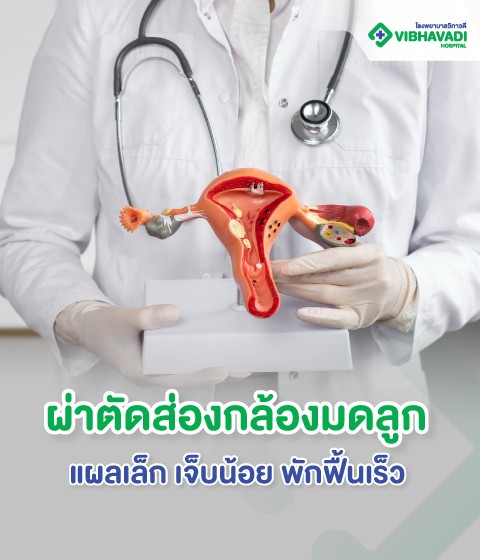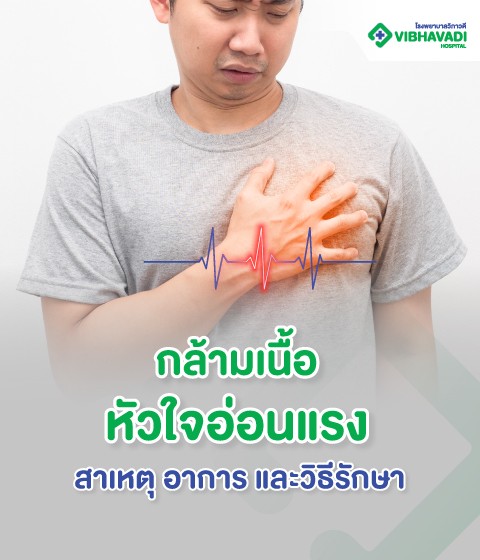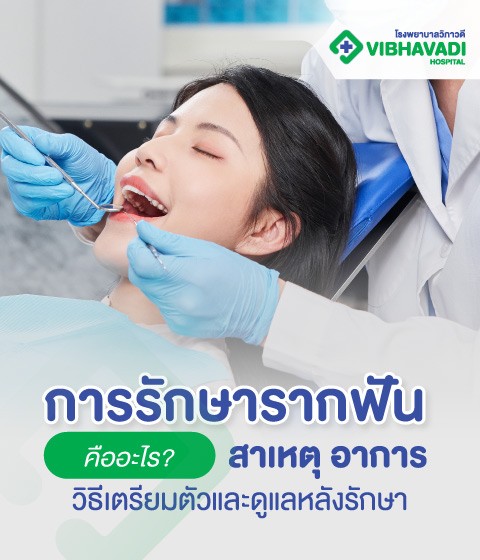What is Sleep test
Comprehensive Sleep Test Services at Vibhavadi Hospital
Understanding Sleep Tests: What Are They and Why Are They Important?
Sleep plays a vital role in maintaining both physical and mental health. When sleep disorders interfere with the quality of your rest, it can lead to serious long-term health consequences such as hypertension, heart disease, diabetes, and depression. A sleep test, also known as polysomnography, is a non-invasive, overnight test used to diagnose sleep disorders by monitoring your brain activity, breathing, oxygen levels, and more while you sleep.
What Is a Sleep Test?
A sleep test is a diagnostic tool that helps doctors understand what happens in your body while you're asleep. It can detect issues like obstructive sleep apnea (OSA), insomnia, restless leg syndrome, narcolepsy, and other sleep-related disorders.
Sleep test คืออะไร?
การตรวจการนอนหลับเป็นการตรวจวิเคราะห์การทำงานของร่างกายระหว่างการนอน เพื่อวินิจฉัยความผิดปกติในการนอนหลับ เช่น ภาวะหยุดหายใจขณะหลับ ซึ่งเป็นสาเหตุให้เกิดโรคเรื้อรังหลายชนิด
Common Sleep Disorders Detected by Sleep Testing
1. Obstructive Sleep Apnea (OSA)
This is the most common disorder detected through a sleep test. It occurs when the muscles in the throat relax excessively during sleep, causing airway blockage and repeated breathing interruptions.
2. Insomnia
Sleep tests can identify whether insomnia stems from another undiagnosed medical issue or psychological condition.
3. Narcolepsy
A rare but serious neurological disorder that affects the brain’s ability to control sleep-wake cycles. Sleep tests help confirm the diagnosis by recording irregularities in REM sleep patterns.
4. Restless Leg Syndrome (RLS)
Characterized by an uncontrollable urge to move the legs, often disrupting sleep. A sleep test can help assess severity and frequency.
Risk Factors for Sleep Disorders
Sleep disorders can affect people of any age or gender, but several factors increase the risk, including:
- Obesity: Excess weight contributes to blocked airways.
- Age: Older adults are more likely to experience sleep disturbances.
- Smoking and Alcohol Use: These substances can interfere with breathing patterns during sleep.
- Family History: Genetic factors may increase susceptibility.
- Chronic Medical Conditions: Such as diabetes, hypertension, or depression.
Symptoms That May Indicate the Need for a Sleep Test
If you consistently experience the following symptoms, you may benefit from undergoing a sleep test at Vibhavadi Hospital:
- Loud snoring or choking sounds during sleep
- Frequent nighttime awakenings
- Excessive daytime sleepiness
- Difficulty concentrating or memory issues
- Morning headaches
- Restless sleep or limb movements
- Mood swings or irritability
Recognizing these signs early and seeking medical advice can significantly improve your health and quality of life.
Sleep Test Services at Vibhavadi Hospital
Our Comprehensive Diagnostic Process
At Vibhavadi Hospital, we provide high-precision sleep testing in a comfortable and private setting. Our process includes:
Step 1: Consultation with a Sleep Specialist
An initial consultation helps identify your symptoms and determine whether a sleep test is necessary. We may ask you to complete a sleep questionnaire and evaluate your medical history.
Step 2: Overnight Sleep Study (Polysomnography)
During your sleep test, you will stay overnight in our dedicated Sleep Lab. The test will monitor:
- Brain activity (EEG)
- Eye movements (EOG)
- Muscle activity (EMG)
- Heart rate (ECG)
- Breathing patterns and oxygen levels
- Snoring and body movements
All data is analyzed to diagnose the type and severity of any sleep disorder.
Step 3: Interpretation and Diagnosis
Our sleep medicine specialists analyze the collected data and provide a comprehensive report. If a disorder is diagnosed, a personalized treatment plan is developed.
Treatment Options for Sleep Disorders
Based on your sleep test results, our multidisciplinary team may recommend one or more of the following treatment approaches:
CPAP Therapy
Continuous Positive Airway Pressure (CPAP) machines are commonly prescribed for obstructive sleep apnea. They help keep the airways open by delivering a constant flow of air during sleep.
Lifestyle and Behavioral Modifications
Patients may be advised to:
- Lose weight
- Stop smoking or reduce alcohol
- Improve sleep hygiene
- Follow a consistent sleep schedule
Medication
In some cases, medications may be prescribed for insomnia, restless leg syndrome, or narcolepsy.
Surgery
For severe or non-responsive sleep apnea, surgical options such as uvulopalatopharyngoplasty (UPPP) or nasal surgery may be considered.
Why Choose Vibhavadi Hospital for Sleep Testing?
At Vibhavadi Hospital, we prioritize your comfort, privacy, and accurate diagnosis. Our strengths include:
- Dedicated Sleep Lab with private, hotel-style rooms
- Advanced equipment for precise monitoring
- Experienced sleep specialists and neurologists
- Multidisciplinary care from ENT, cardiology, and psychiatry as needed
- Tailored follow-up plans to ensure ongoing support
Making an Appointment
Getting started is easy. Here's how you can schedule your sleep test:
- Phone Booking: Call our Sleep Center at [insert phone number]
- Online Appointment: Visit https://www.vibhavadi.com/th
- Walk-in Consultation: Available at our outpatient clinic (recommend calling ahead for availability)
Insurance & Pricing Information
We understand that cost transparency is important. At Vibhavadi Hospital:
- Health insurance is accepted, including both Thai and international providers
- Self-pay packages available, with options for full or installment payments
- Price range for sleep test starts from [insert starting price] depending on test type and duration
Our patient services team will assist you in verifying insurance coverage and explain your financial options.
FAQ: Sleep Test at Vibhavadi Hospital
What is the purpose of a sleep test?
A sleep test helps diagnose disorders that affect sleep quality and can contribute to serious health conditions such as hypertension, heart disease, and cognitive impairment.
Is a sleep test painful?
No. A sleep test is non-invasive and painless. Electrodes and sensors are attached externally to monitor your body’s functions while you sleep.
How long does the sleep test take?
Typically, an overnight sleep test lasts about 7–8 hours, starting in the evening and ending the next morning.
Will I be able to sleep during the test?
Most patients sleep normally or only slightly less than usual. Our private sleep lab rooms are designed to make you as comfortable as possible.
How soon will I get the results?
Test results are usually available within a few days after your study. Your sleep specialist will review the results and schedule a follow-up consultation.

